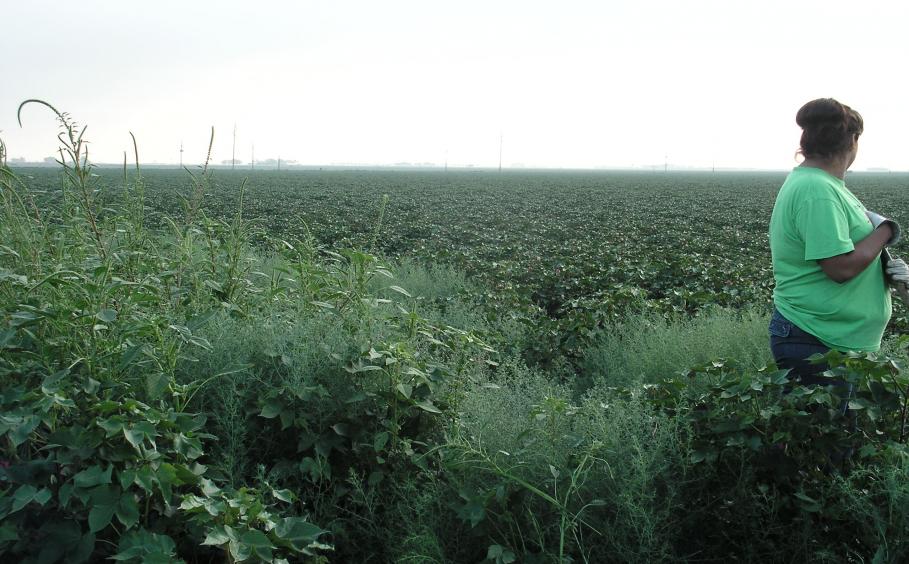Projects

To date, we have collected data showing that farmworkers’ exposure is influenced by both biological and social factors. This is exhibited in a series of published papers including one entitled “Pesticides Protect the Fruit but Not the People: Using Community-Based Ethnography to Understand Farmworker Pesticide-Exposure Risks”, which demonstrates how pesticide-relevant cultural beliefs inform farmworkers’ susceptibility to pesticides. Our research has also uncovered important social factors around health and injury. In the paper “The Only Thing I Wish I Could Change Is That They Treat Us Like People and Not Like Animals”: Injury and Discrimination Among Latino Farmworkers”, we exhibit an approach within critical medical anthropology which considers how social and political factors influence health of populations. Finally, our “mixed” methodological research is demonstrated in a paper, “Why Do Farmworkers Delay Treatment After Debilitating Injuries? Thematic Analysis Explains If, When, and Why Farmworkers Were Treated For Injuries”. Here, we used descriptive discriminant analysis where codes were treated as dummy variables, and standardized discriminant coefficients to assess loading of each code for treatment outcomes.
Most recently, our ethnographic and mixed methods work has been used a springboard toward the development and testing of behavioral interventions using mobile technologies. This work has already established a prominent voice in the scientific literature as one of the first on health-related technology use by migrant farmworkers. Specifically, our mHealth ntervention development efforts use technology (mobile phones) as an opportunity where science might meet real-world dilemmas.
“!Protejase! An Integrated mHealth and PPE Intervention to Improve Farmworker Health”
This study aims to develop and pilot-test a mobile daily diary intervention to measure and reduce exposure to pesticides among farmworker parents living along the TX-MX border. The conception of this work is built upon extensive ethnographic research which was used to inform messages, words and meanings that resonate culturally with Mexican immigrant farmworkers.
“Using mHealth and Ethnography to Reduce Occupational Injury Risks among Hispanic Mushroom Farmers in Pennsylvania”
Because of the large proportion of Hispanic workers involved in mushroom production and packing, efforts to reduce workplace injury must comprise a view that encompasses the complex web of cultural, public health, environmental, economic and social concerns that uniquely impact Hispanic/Latino farmworkers. In this project, culturally-specific norms will be elucidated to inform long-lasting promotion of workplace safety behaviors. Additionally, this work will develop and test strategies for injury prevention that will be deleivered on a an mHealth (mobile phone) platform.
“Does Parental Legal Status Influence Health Outcomes for Mexican Immigrant Farmworkers?”
Children whose parents are unauthorized immigrants may experience limited health insurance access. Among these children, those whose parents are farmworkers may be especially affected, since more than half of farmworker children have undocumented parents. The 2009 Children’s Health Program Reauthorization Act (CHIPRA) may have improved children of immigrants’ access to healthcare because it allowed states to extend federal health insurance coverage to immigrant children regardless of their parents’ legal status. Thus, the overall goal of this study is to assess how access to health insurance changed following the enactment of CHIPRA for children of immigrant farmworkers. I am the primary investigator, and am responsible for the study’s overall conception and design, data collection, data analysis, manuscript preparation.
